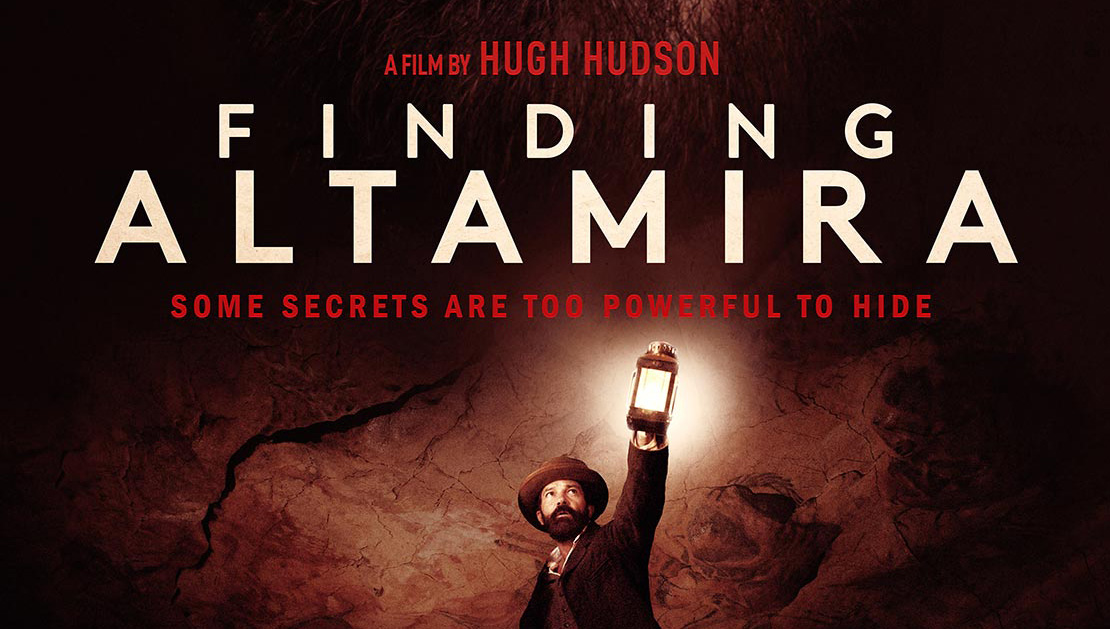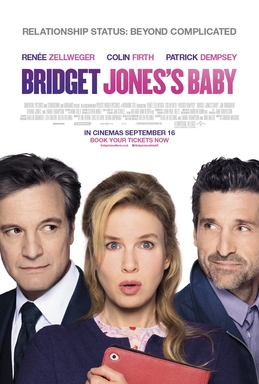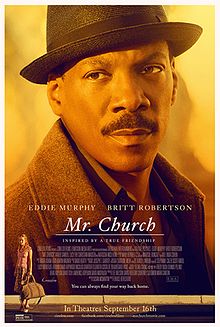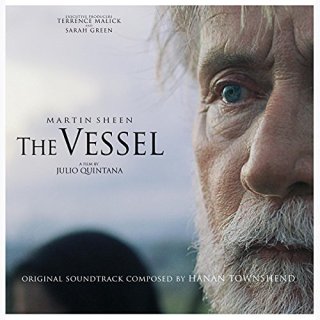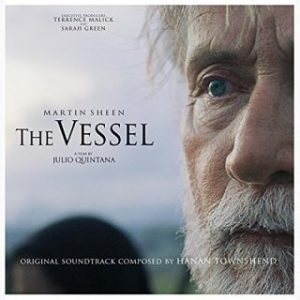Finding Altamira
Posted on September 15, 2016 at 5:18 pm
B-| Lowest Recommended Age: | Middle School |
| MPAA Rating: | Not rated |
| Profanity: | Mild language |
| Alcohol/ Drugs: | Alcohol |
| Violence/ Scariness: | Some peril |
| Diversity Issues: | None |
| Date Released to Theaters: | September 16, 2016 |

Imagine being the first modern person to see them, to wander into a cave and find perfectly preserved paintings of animals extinct for thousands of years. This is the story of Marcelino Sanz de Sautola (Antonio Banderas), a nobleman scholar who first identified the cave paintings prehistoric in the 1870’s. The focus of the film is the rejection of his conclusions by the church, which considered them heretical and a threat to their power, and by the scientists of the time, who considered them a secular form of heresy as well. Like the cinematic portrayals of Darwin (“Creation”) and Stephen Hawking (“The Theory of Everything”), it is also the story of a scientist married to a woman of faith, and the conflicts that creates for their relationship.
Director Hugh Hudson (“Chariots of Fire”) has a feel for period drama, but some striking shots cannot make up for static storytelling and a clunky script. There is too much focus on Marcelino’s relationship with his science-minded young daughter (one scene of her gazing at the paintings as they come to life would be more than enough) and the conflicts with his wife. The dialogue is clunky and over-explanatory, more suitable for an educational film to be shown in middle school than a theatrical release. Frustratingly, the movie never really conveys the astonishing splendor and the vibrant colors of the paintings themselves, the way the artists used the surface of the cave for perspective and shaping of the images. For that see Werner Herzog’s “Cave of Forgotten Dreams,” about the cave paintings at Chauvet, a movie that comes much closer to living up to the art to which it pays tribute.
Parents should know that this film has some peril and confrontations and a clash between religion and science.
Family discussion: Why do some people see a conflict between religion and science? Who is most like Marcelino today?
If you like this, try: “Cave of Forgotten Dreams”

